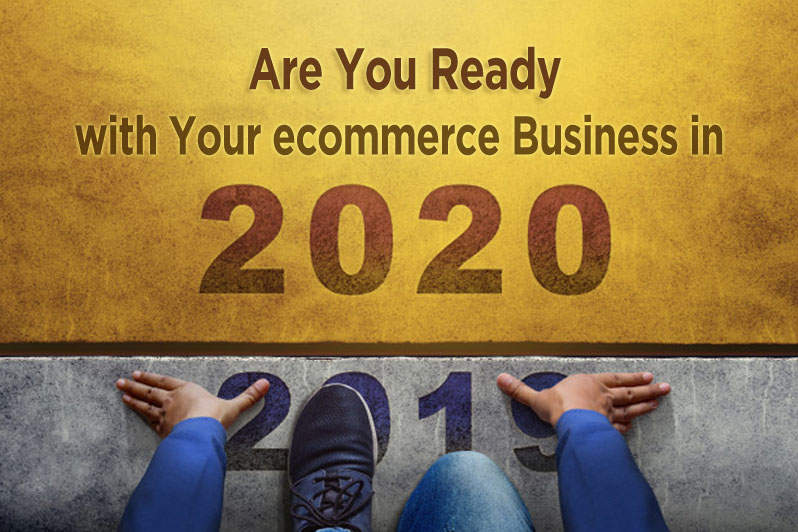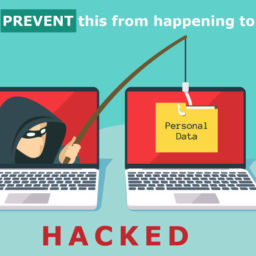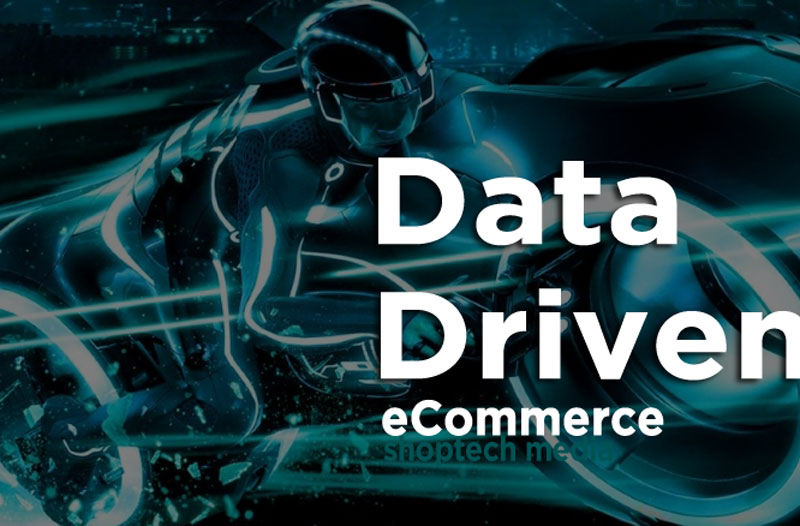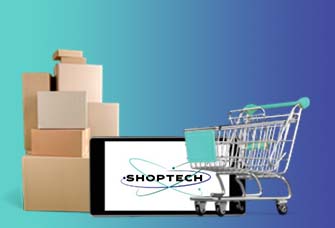It’s just days from when the year 2020 started and a ton of people out there are thinking of putting up an online store retail business. You might be one of them. Or perhaps a plan has been in place but you can’t get quite a solid grasp on it. You might be wondering what do you need to get your decision over the hump. This article is for you.
Will this be the year you put your ecommerce business on the map? Today, I am going to give you a checklist to guide you to determining if you are ready to start your ecommerce business this 2020.
There is no denying that Ecommerce is an ever-expanding world. With intensifying purchasing power of global consumers, the proliferation of social media users, and the continuously progressing infrastructure and technology, the future of ecommerce in 2020 and beyond is still as promising as ever.
With that said, here are 5 checklist you need to learn to get yourself ready to start your ecommerce business.
#1. Get a really good grasp of the trends that are taking shape in the ecommerce business landscape.
For starters, here are some of the nicer things that are taking shape this year in the ecommerce business according to codedna!
- The rise of the second-hand market aka “re-commerce”
- Fulfillment options expand
- PWA for eCommerce becomes expected
- eCommerce-first companies go brick-and-mortar
- Dynamic pricing drives optimal sales and profit
- Adopting the fast-fashion mindset
- Providing a multi-platform journey with platform-specific messaging
- Purposeful content repurposing
- The explosion of social commerce
- The subscription service bandwagon rolls on
- Drone delivery finally arrives
- eCommerce goes headless
- Real-time conversations, chatbots, and AI will become a standard part of the
- eCommerce toolkit
- A focus towards Direct-to-Consumer (D2C)
- Smart home assistants & voice recognition systems will emerge as a new
- eCommerce battleground
In 2019, more and more merchants were boasting omni-channel presence to reach buyers online, offline and on-the-go. Meanwhile, the importance of speedy shipping, social engagement and a lack of hidden fees remain paramount for high-performing retailers online.
This year is going to be a little different. With the rise of data-driven strategies and continued evolution of customer buying experience. There should be an uptrend in the use of analytics data as well as an increase focus towards Direct-to-Customer(D2C) commerce.
Take a peek at the 5 top ecommerce trend in 2019 that will only get bigger in 2020.
#2. Be able to pick a profitable niche and find the perfect products to sell in a matter of hours.
For example, entering into Anti-aging Devices niche that will be USD $43.331 billion by 2026 at a CAGR of 8.6% will give you more confidence rather than a niche with zero data or negative growth. It’s not all about passion. You may be passionate about a certain niche, but if it is not profitable, and no one is looking to spend their hard-earned money on those products, it’s going to be a stiff ride for you moving forward.
If you have little or no idea what the most profitable niches are in 2020 & beyond, here is the list of more than 80+ niches that Google came up!
The trick is not to wonder around thinking what to sell! I tell you, it can drain you of much needed energy.
#3. Take an in-depth look at YOUR resources, your needs, and your goals. This is called resource management.
The idea is so you can confidently dive right in. It takes you away from unpleasant surprises that can drain your budget overnight!
Why is resource management important?
Resource management is important because of the following reasons:
- it provides you with an overview of everyone and everything involved in your project;
- enables utilization planning;
- It makes the planning and management process more transparent;
- helps you see problems before they start.
- It gives you control over your project.
What is resource management anyways? Here is a good definition from wikipedia:
resource management is the efficient and effective development of an organization’s resources when they are needed. Such resources may include the financial resources, inventory, human skills, production resources, or information technology (IT) and natural resources.
Resource managing includes scheduling, planning, and management itself. Getting a good grasp of your overall resource and the resources available to you outside of your own, gives you better confidence about your new venture.
#4. Identify the successful businesses in your chosen niche so you can replicate what works and avoid what doesn’t.
We can never say this enough. Researching your competition is a must for any aspiring ecommerce business.
Studying what competitors are doing will give you a thorough insight on your customers’ expectations. It is likely that your competitors are selling the same product at a lower price or offering better service without charging the customers any extra amount. So while you keep a track of such things, you can lower your product price or focus on improving your service. Knowing what your competitors are offering would help you better understand customer expectations and hence you can modify the experience accordingly.
I would like to quote what one of the most famous and successful Chinese general, Sun Tzu, The Art of War.

You may ask, what is it that I need to know about my competition?
To begin with, monitor the way your competitors do business. Look at:
- the products or services they provide and how they market them to customers
- the prices they charge
- how they distribute and deliver
- the devices they employ to enhance customer loyalty and what back-up
- service they offer
- their brand and design values
- whether they innovate – business methods as well as products
- their staff numbers and the calibre of staff that they attract
- how they use IT – for example, if they’re technology-aware and offer a website and email
- who owns the business and what sort of person they are
- their annual report – if they’re a public company
- their media and social media activities – check their website as well as local newspapers, radio, television and any outdoor advertising
Additional resource on researching your competitors.
Never risk starting a losing business model!
#5. Create a business plan where you are in control of your financial freedom, without sacrificing family time or your hobbies
The concept of financial freedom is as enticing as anything in the world. Ask yourself, “How do I take control of my future?” The following process can be used to start you on your ecommerce business this year.
- First, establish your financial and business goals. If you’re like most people, you’ll probably have a few.
- Now that you have financial goals in mind, work them into a monthly budget along with your recurring expenses.
- Figure out how much money you’ll need to support your vision of financial freedom. Then, take a look at your current income and earning potential.
- lastly, find a good support. A trusted friend, family member or financial advisor can point you in the right direction.
Additional Resources:
3 Biggest Ecommerce Business Growth Factor Every Merchant Should Learn
Where Should You Focus Your Ecommerce Marketing Efforts First?
Help Grow Your Business With These Powerful Life Tips
So What About You?
What do you think 2020 will bring to the eCommerce world? Are you getting yourself start your ecommerce business and put yourself on the map this year? Let us know about your gut feelings in the comments below.










